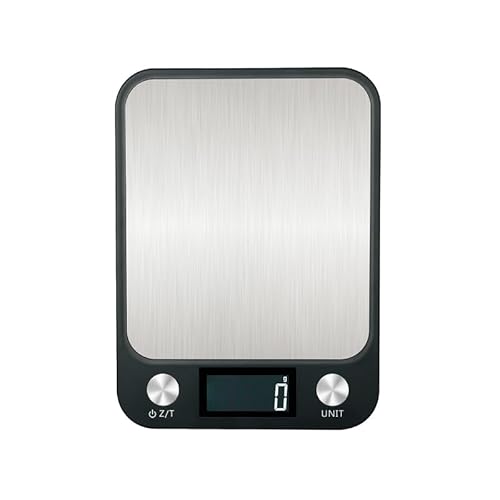few weeks ago i was making soap for a friend as her wedding favor. i had some old white, unscented olive oil soap, and thought to remelt it in the new olive oil. i did grate it, and put into oil, but as i started melting it i realized it won't be as smooth and beautiful as it usually is, so i just put that aside, took new oil, and started all over again.
well, now the mix of oil and grated soap looks like this: soap flakes in a gel like oil. does anyone know what has happened? i don't intend to use this thing, but i'm keeping it in a bowl, just for curiosity. any idea on what exactly am i having there??
well, now the mix of oil and grated soap looks like this: soap flakes in a gel like oil. does anyone know what has happened? i don't intend to use this thing, but i'm keeping it in a bowl, just for curiosity. any idea on what exactly am i having there??











































